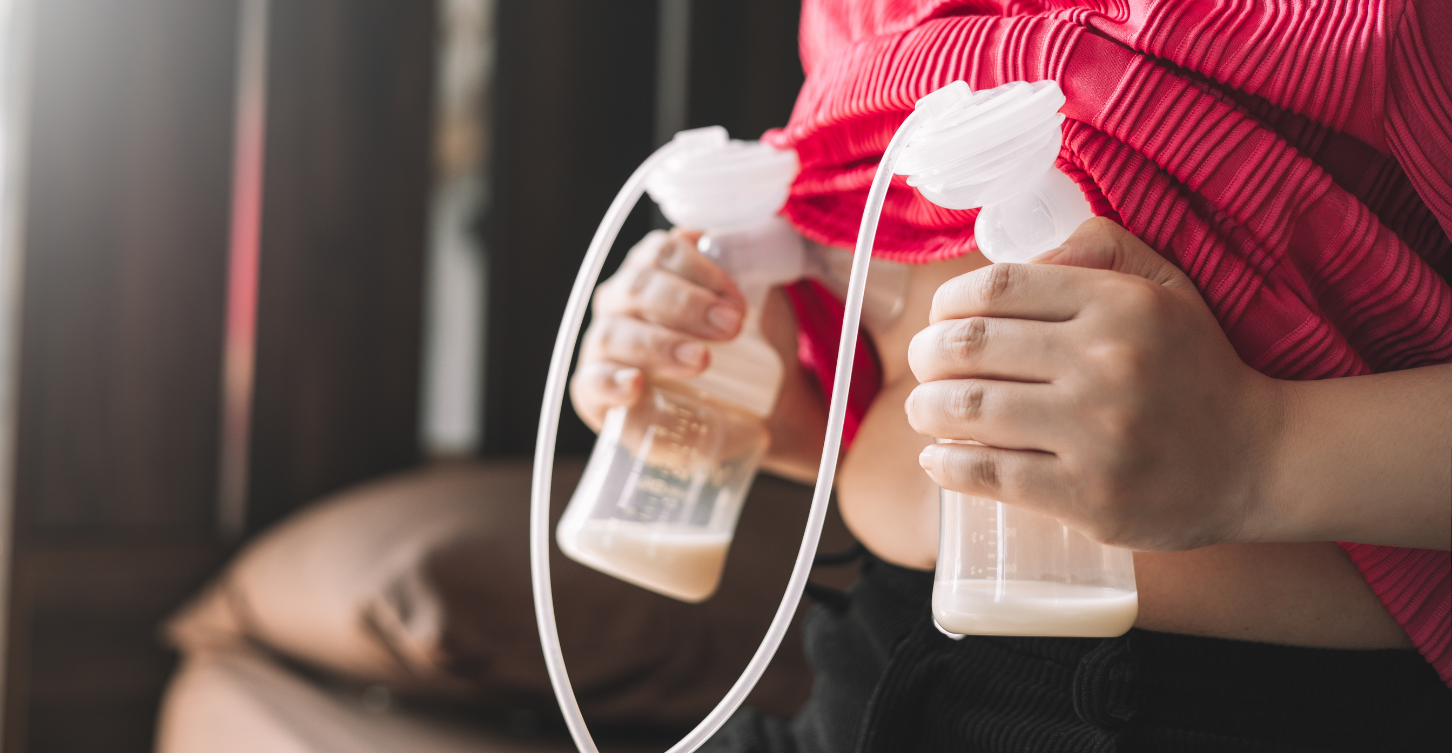Error message
Change in Your Child's Behavior? Here's What You Can Do
February 21, 2023
Categories: Healthy Living, Pediatrics
Have you ever noticed concerning behavioral changes in your child? As a parent or guardian, there are specific signs to look for, actions you can take and resources you can use to address these concerns.
As a licensed clinical social worker and behavioral health leader at Tallahassee Memorial HealthCare and Apalachee Center, I’ve seen firsthand how children can greatly benefit from mental health services if they get treatment early on.
Many adults who have mental disorders had symptoms in childhood and adolescence that went unnoticed or were never addressed. The earlier treatment is started, the more effective it can be.
Early treatment can help prevent more severe, lasting problems as a child transitions into adulthood.
It’s Been a Tough Time for Kids
As we continue to navigate and regain meaning through years of exposure to the COVID-19 pandemic, there remains a heightened concern over the lasting impact this extended crisis may have on the mental health and well-being of our community’s children and adolescents.
The pandemic, along with increased exposure to school and community violence, has contributed to considerable uncertainty and disruption for our youth.
Social isolation, changes in routine and heightened stress brought on by the pandemic have contributed to an increase in children treated for emergency mental health conditions and an increase in psychiatric hospitalizations within our community and nationwide.
Mental Health Disorders in Children and Adolescents
One in 5 children and adolescents will develop a mental health disorder, and suicide is the fourth leading cause of death for adolescents 15-19 years of age.
Childhood and adolescence are critical periods of rapid brain development and growth, which require positive cognitive, social, and emotional skill development.
Adolescents with mental health conditions are particularly vulnerable to social exclusion, discrimination, stigma (which affects their readiness to seek help), educational difficulties, risk-taking behaviors, physical illness and human rights violations.
Despite the significant vulnerabilities that impact the mental health of children and adolescents, only about 20% will receive care from a qualified mental health provider. Parents and caregivers, in collaboration with healthcare providers, play an essential role in helping children receive timely and appropriate treatment.
Behavior Changes to Take Seriously
Mental health disorders in children and adolescents are typically marked by serious changes in how they function socially and emotionally.
These behavior changes can include:
- Frequent mood changes.
- Withdrawing from family, peers and or activities that typically provide joy.
- Changes in sleeping and eating habits (too little or too much).
- Lacking energy or purpose.
- Inability to concentrate, which may result in trouble in school.
- Changes in personality, engaging in risk-taking behavior or substance use.
- Thoughts of suicide or death.
- Engaging in self-harming behavior.
- Engaging in substance use.
How You Can Help
Mental health disorders are highly responsive to a variety of evidenced-based treatments, but early intervention is key. It is imperative your child receives an evaluation and treatment as soon as you suspect a mental health issue to avoid a crisis.
Parents and caregivers can help by doing these seven things:
- Ask your child or adolescent how they are feeling on a frequent and routine basis.
- Create a safe space for your child to discuss their feelings and/or concerns without interruption, judgment or punishment.
- Validate your child’s feelings by focusing on them without distraction.
- Be an advocate for your child and help minimize their stress as much as possible.
- Allow your child to communicate their individual needs.
- Take steps to get your child help from a mental health professional.
- Be supportive and consistent.
Adolescence is a unique developmental time. Many variables can make adolescents vulnerable to mental health problems including physical, emotional and social changes, such as exposure to poverty, abuse or violence.
Protecting adolescents from adversity, promoting socio-emotional learning and psychological well-being, and ensuring access to mental health care are critical for their health and well-being during adolescence and adulthood.
It’s imperative that adolescents develop healthy social and emotional habits, including:
- Adopting healthy sleep patterns.
- Exercising regularly.
- Developing positive coping skills.
- Problem-solving skills.
- Interpersonal skills.
- Learning to manage emotions.
Mental Health Resources for Your Family
Depression, anxiety and behavioral disorders are among the leading causes of illness and disability in adolescents. These mental health disorders can be treated. If you are a child or teen, talk to your parents, school counselor or healthcare provider.
Tallahassee Memorial provides support for children, adolescents and adults experiencing substance abuse and mental health disorders. TMH’s Behavioral Health Center offers the most comprehensive psychiatric mental health services in North Florida, South Georgia and Southeastern Alabama, including individual and family counseling, mental health treatment and substance abuse treatment.
Other resources children and teens should keep handy include:
- The phone number for a trusted friend or relative.
- The non-emergency number for the local police department.
- Crisis Text Line: Text HOME to 741741. A trained volunteer is available 24/7 to provide high-quality text-based mental health support and crisis intervention.
- Suicide & Crisis Lifeline: 988. The 988 Suicide & Crisis Lifeline is a national network of local crisis centers that provides free and confidential emotional support to people in suicidal crisis or emotional distress 24 hours a day, 7 days a week.
- 211 Big Bend: Just as you would call 9-1-1 for emergencies, you can call 2-1-1 24 hours a day for emotional support, crisis counseling, suicide prevention and information & referrals.
If you suspect that your child is experiencing signs and symptoms of emotional distress you are advised to contact their primary care provider and a licensed mental health professional as soon as possible.
To learn more about mental health care available at Tallahassee Memorial, visit TMH.ORG/MentalHealth.



